There’s a malicious rumor going around certain corners of the internet, and I’d like to put an end to it right now. In fact, there is NOT a wave of legislation sweeping across the country designed to outlaw the major family of grasses known as bamboo. Select communities have listed certain varieties of bamboo as invasive, and other places have taken steps to control the unruly spread of this fast-growing grass. But no, bamboo is not illegal.
However, the idea of outlawing bamboo is not entirely outside the realm of reason. As we will see in the following article, bamboo is a mighty plant that can become a force of nature. It’s not the most dangerous member of the plant kingdom, but it does have the potential to do harm.
NOTE: This article first appeared in July 2020, most recently updated in June 2024.
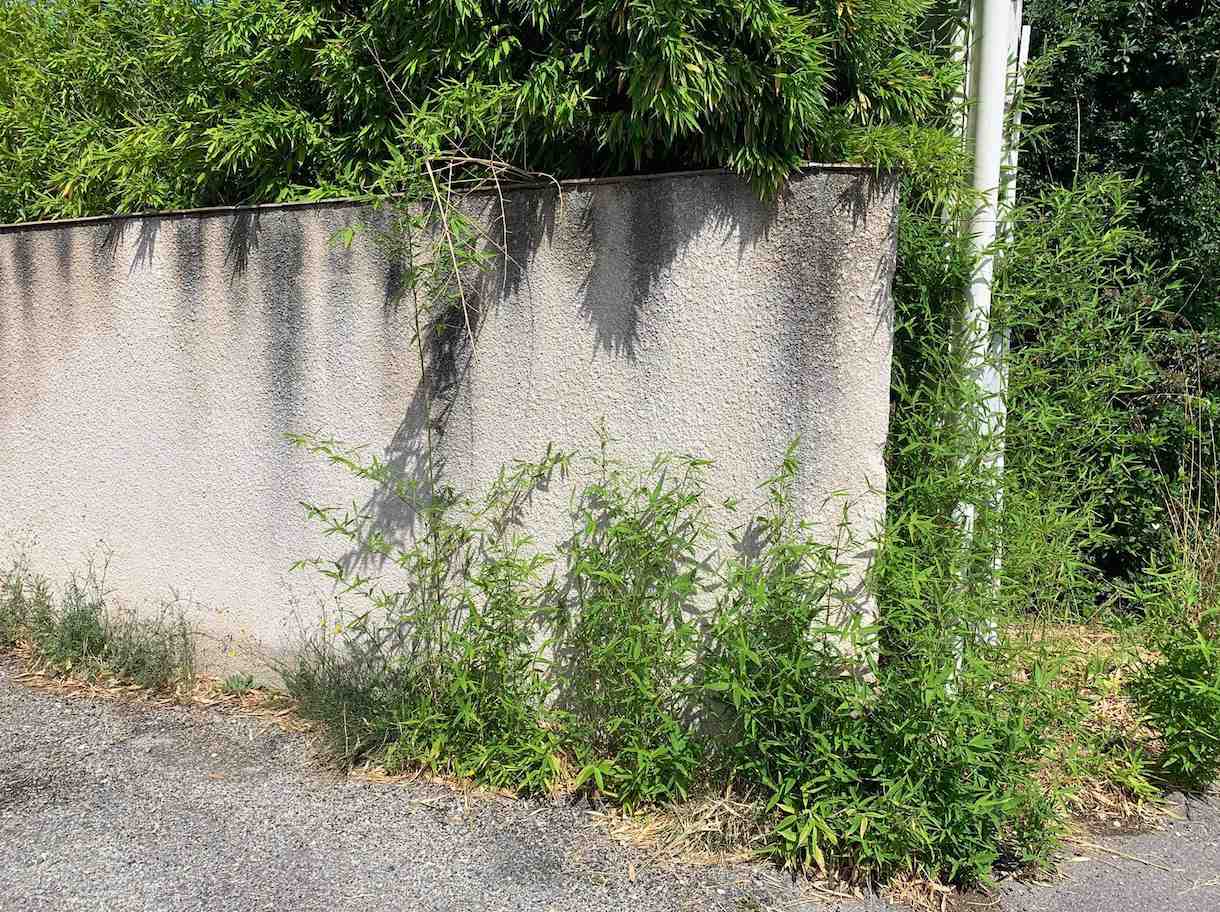
Why would they make bamboo illegal?
It’s true that some varieties of bamboo can get out of control when they are not properly monitored and contained. Of the 1,200 to 2,000 known types of bamboo, we can generally lump them into one of two categories. There are running bamboos and clumping bamboos. Clumping bamboos tend to keep a relatively small and manageable footprint, but running bamboos will just keep on spreading and spreading, unless measures are taken to contain and control them.
Running bamboos have what’s called a leptomorphic rhizome root system, which will sprawl out endlessly, and in some cases quite aggressively. Another botanical term for these running rhizomes is monopodial. This is in contrast to the clumping bamboos, which have pachymorphic or sympodial rhizomes.
(Check out our article on Notorious runners: the most invasive bamboo species to avoid.)
Not only do these types of bamboo have a vigorous root system, but some species can also be very large, with individual culms reaching 50 or 80 feet tall and getting 4 or 5 inches in diameter. And the hardness of bamboo rivals that of oak or maple. Combine these impressive characteristics in a single plant, and you have an organism that’s virtually unstoppable.
As a force of nature, those who plant bamboo have great admiration and respect for it. But if they are not careful in how they plant it, their bamboo can easily spread into the yards of their neighbors, or even into the open spaces and waterways of the wilderness. So long as there is an adequate supply of water, the bamboo roots will just run and run. And where the roots run, the shoots are sure to follow.
And beautiful and elegant though the towering bamboo canes may be, the roots can wreak havoc underground. They can choke out native flora, strangle the roots of well-established trees, and destroy underground irrigation systems and utility lines. In the end, many gardeners, and more often their neighbors, decide to have the bamboo removed. But removing a well-established bamboo plant can be an incredibly difficult and surprisingly expensive procedure.
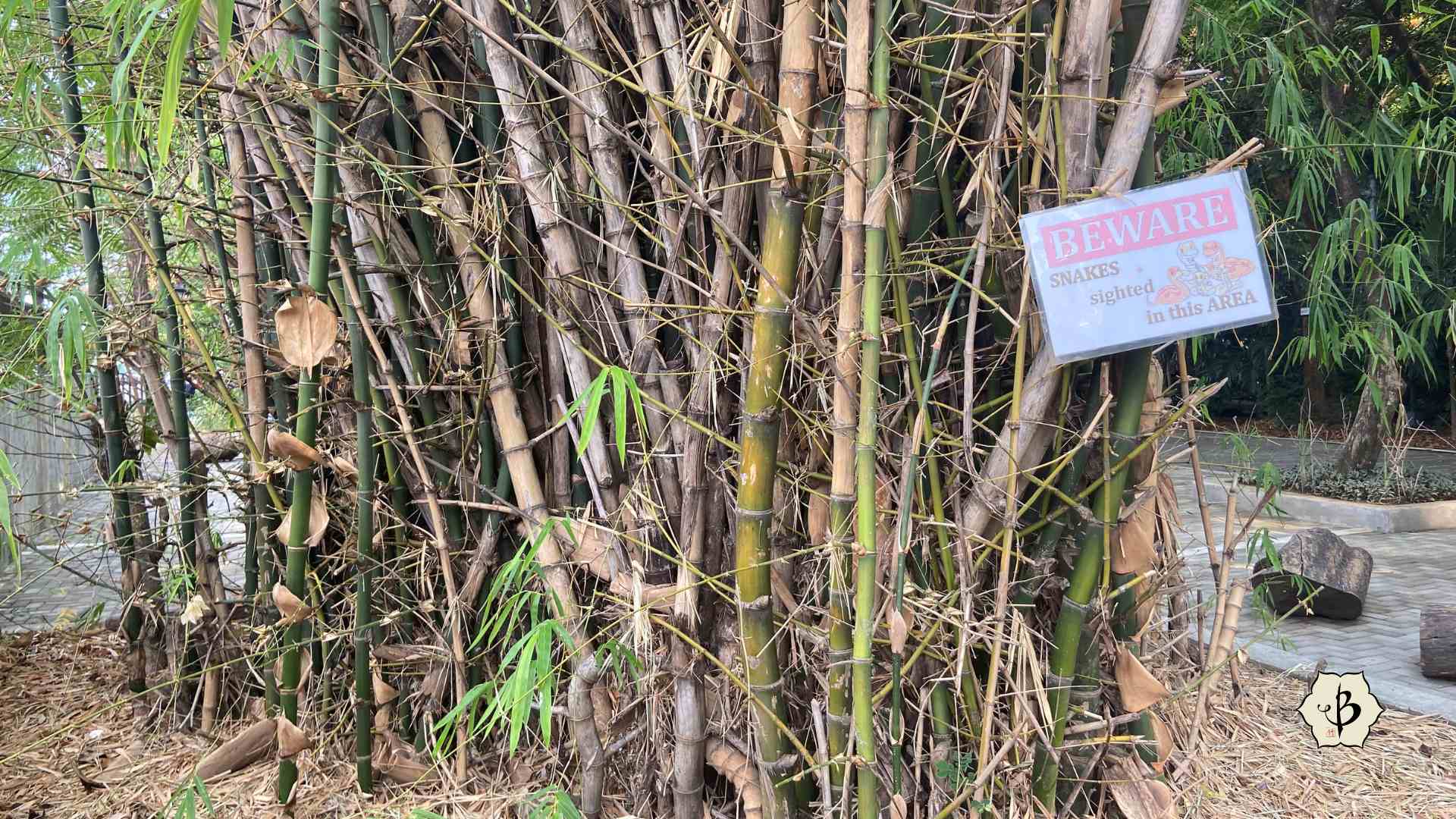
Examples of regulations and laws against bamboo
The U.S. Department of Agriculture has listed golden bamboo (Phyllostachys aurea) as an invasive species on the federal government website. This is one of the fastest-growing species of bamboo, and definitely one to keep an eye on. All members of the genus Phyllostachys are running bamboos, and unlike a lot of tropical and subtropical varieties, Phyllostachys plants are generally cold hardy, and grow quite well in temperate climates. This makes them a popular choice in many areas with cold winters, including New England and the Northeast.
I’ve heard stories from bamboo growers whose anxious neighbors have threatened them with FDA guidelines and federal consequences. But these threats are hollow, like bamboo itself. In fact, the FDA has no restrictions against growing bamboo. The FDA can regulate the import of foreign plants and vegetables for consumption or propagation, but it’s a state and local matter to pass laws about where you can or cannot plant bamboo.
NEW YORK STATE
The State of New York has banned two of the most invasive species of bamboo, namely Golden bamboo (Phyllostachys aurea) and Yellow groove bamboo (Phyllostachys aureosulcata). New York has a directory of Regulated and Prohibited Invasive Plants, issued in 2014, which identifies these two bamboo species and about 50 other varieties of unwanted vegetation. The document explains how these species crowd out native species and compromise indigenous habitats.
Prohibited plants cannot be sold, transported or planted in the state. The New York Department of Environmental Conservation is responsible for enforcing these restrictions.
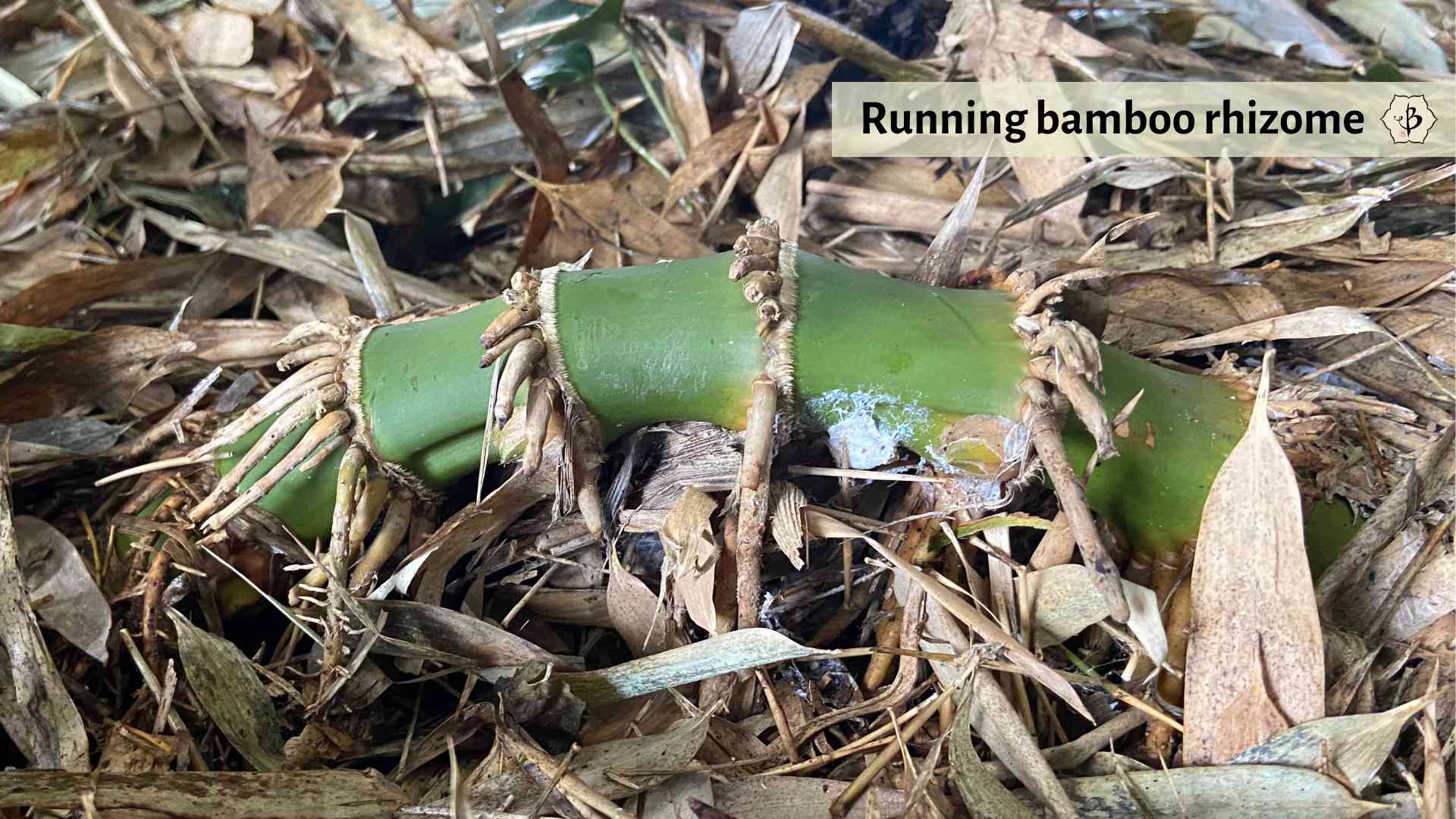
SPRINGFIELD, NEW JERSEY
In June 2020, the Township of Springfield, New Jersey, moved forward with an ordinance to curb and control the cultivation of bamboo. The bill has gone through committee, and if it becomes law, would effectively stop anyone in Springfield from planting new groves of bamboo. Also, anyone with an existing bamboo plant would be required to contain it and prevent it from spreading.
Bamboo enthusiasts and critics of the law are quick to point out that the local government has not identified any particular species of bamboo. Instead, the language of the law only refers to bamboo in general. A number of concerned citizens brought the issue of invasive bamboo to the attention of the mayor and the Springfield Township Committee. The township acted swiftly to address the issue, perhaps a little too swiftly, before having a chance to thoroughly study the science of bamboo.
LOWER MERION, PENNSYLVANIA
Meanwhile, in the Township of Lower Merion, Pennsylvania, local authorities have had to take action to help resolve a bamboo-related dispute between some disappointed new homeowners and their disgruntled neighbor. A law in this community regulates bamboo growing into public pathways or encroaching on private property. Bamboo growers must keep their bamboo at least 20 feet from the property line. If the bamboo should spread onto someone else’s property, the bamboo owner must have the plant removed at their own expense. Again, the law does not identify specific varieties of bamboo.
In Lower Merion, an unlucky couple bought a piece of property from someone who failed to disclose an existing bamboo problem on the land. Apparently, an unusually vigorous stand of Phyllostachys aureosulcata had gotten well out of control, spreading all over the neighbor’s property. By law, the new owners are on the hook to have the entire grove of bamboo removed. This removal will involve bulldozers and require the removal of some majestic old trees, costing several thousand dollars.
FLORIDA
The state of Florida has some of the best bamboo-growing conditions in the country. This can be great news if you’re looking for a place to farm bamboo. But it also provides ideal circumstances for bamboo to spread out of control. So many varieties of bamboo thrive in this warm, humid climate, and some residents are reasonably concerned. However, Florida has yet to pass any laws prohibiting the cultivation of bamboo.
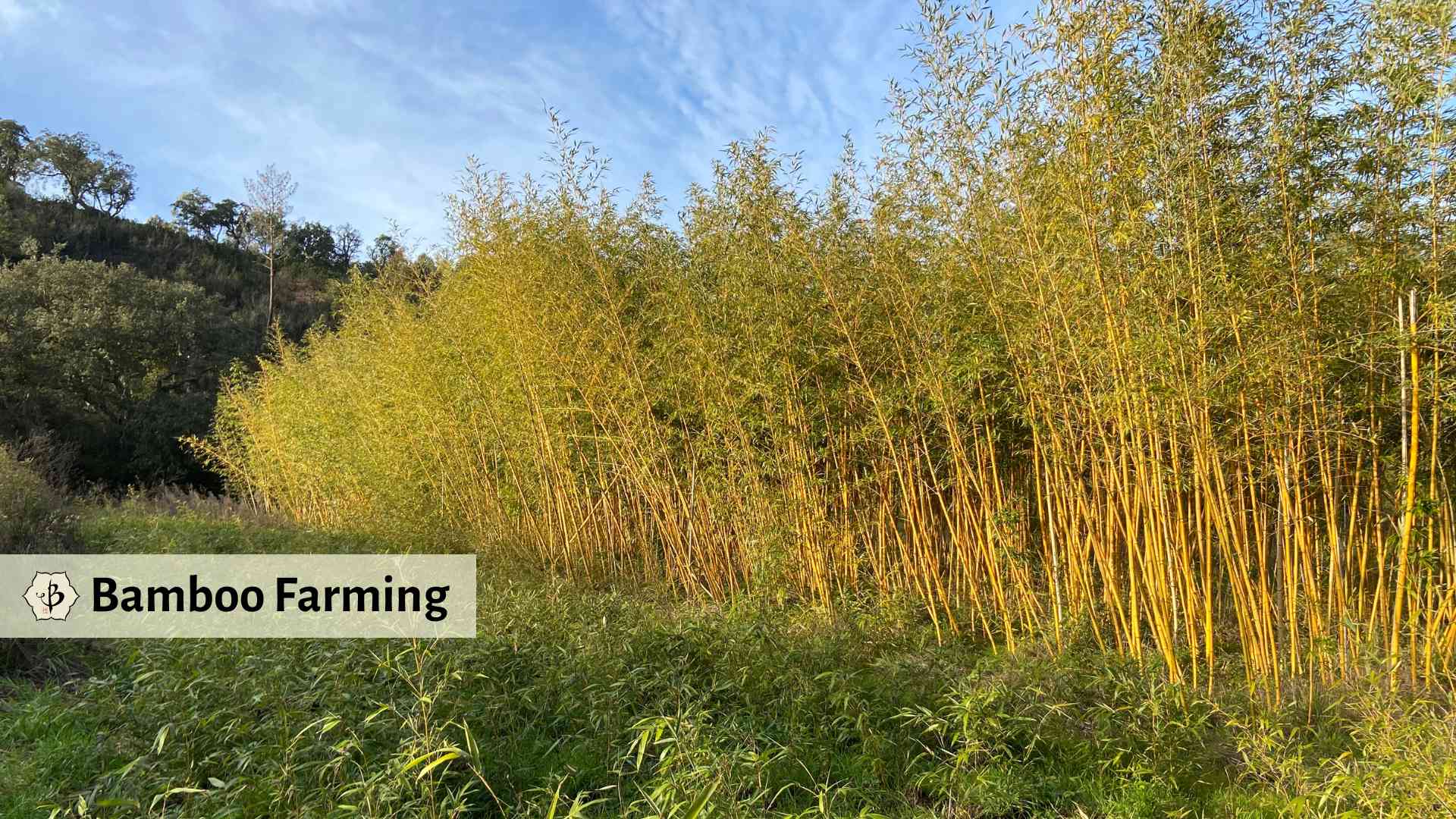
Plant regulations and prohibition in the U.S.
It would be somewhat ironic for bamboo prohibition to go into effect in America. Cannabis hemp effectively became illegal in 1937, and remained illegal until 2018. The use of industrial hemp was gaining great popularity as a cottage industry back in the 1990s and early 2000s, but sort of tapered off in the last decade.
The 2018 Farm Bill finally made it legal to grow hemp nationwide. Today, everyone and his tie-dyed uncle wants to grow hemp for the CBD extract, a cannabinoid that’s not so prevalent in high-grade marijuana. But still, hardly any farmers in the U.S. are growing hemp for fiber, paper or textiles.
Now, with bamboo textiles gaining steam, conspiracy theorists are eager to find a plot by the cotton, timber and pesticide industries to ban the green alternative. Considering the history of hemp, such a conspiracy might be plausible for some. But outlawing ornamental bamboo in New Jersey and Pennsylvania is hardly the way to cripple this burgeoning industry.
I’m a great advocate of all things green. But if I were going to single out any one plant for eradication, it sure wouldn’t be bamboo or cannabis. I would be campaigning against poison oak (Toxicodendron diversilobum). Now there’s a plant that’s brought a world of discomfort to millions of carefree campers and hikers, including myself.
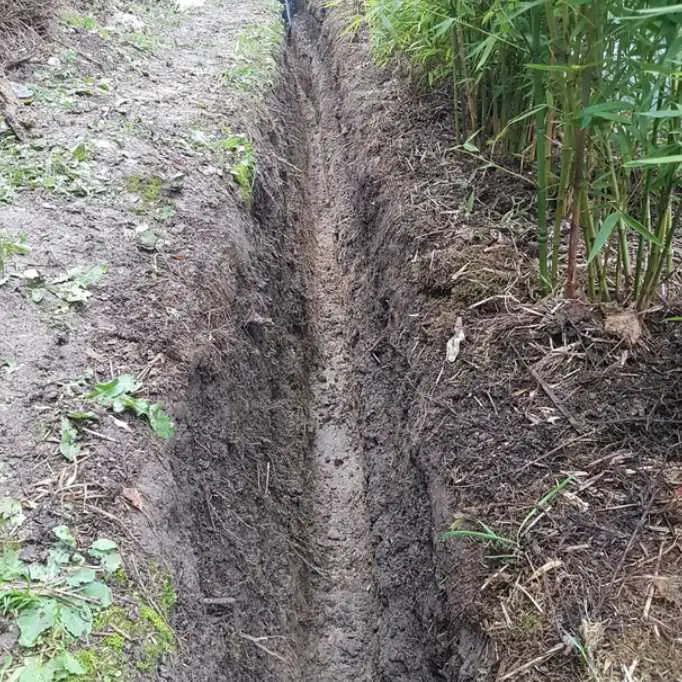
Further reading
If you’ve enjoyed reading about the legal status of bamboo, please consider subscribing to our mailing list. You might also want to check out some of these other popular articles.




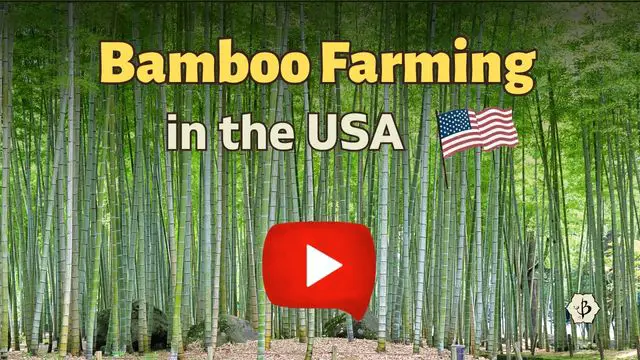





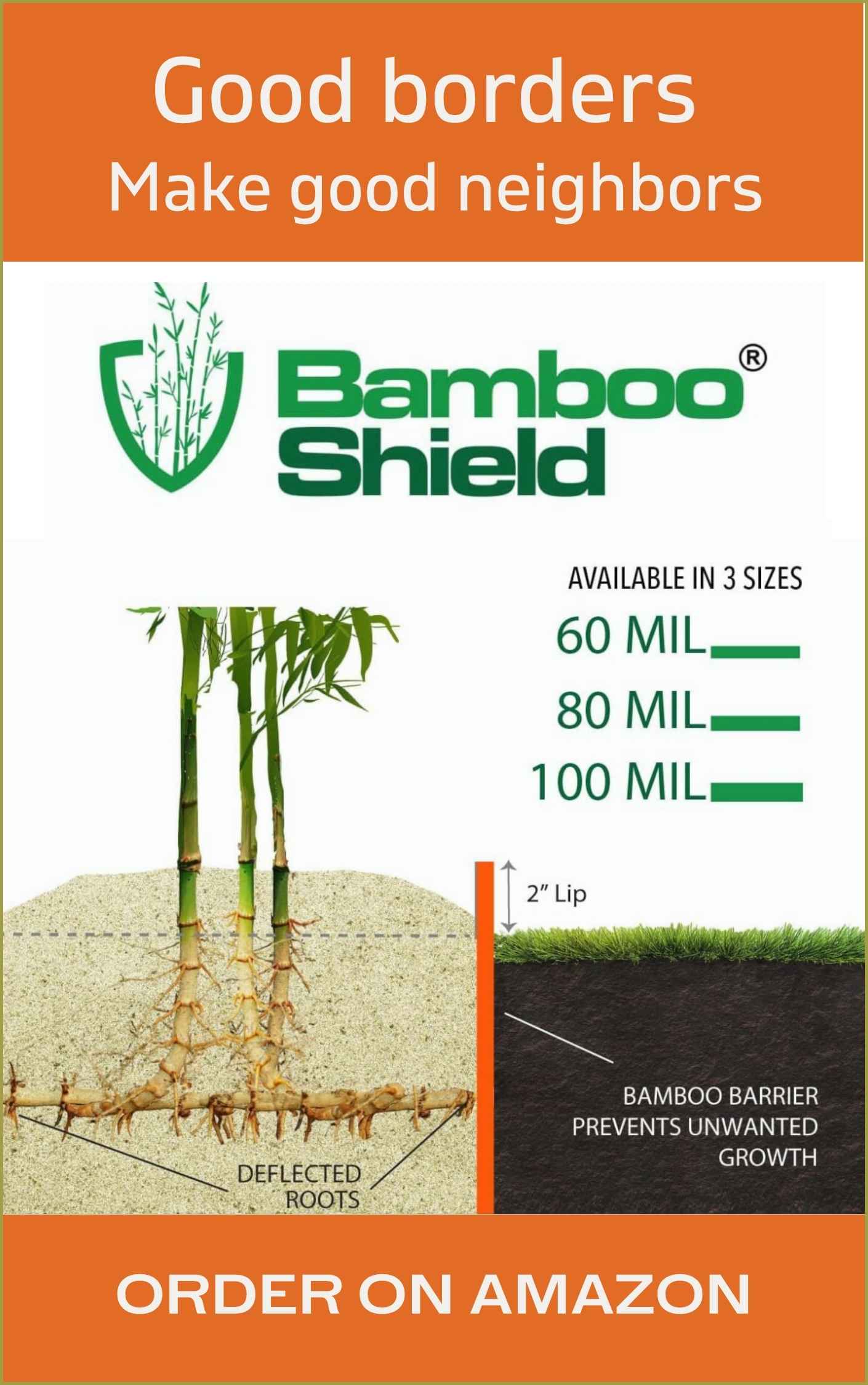

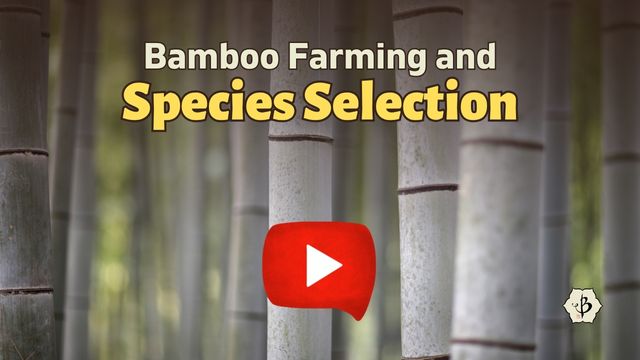

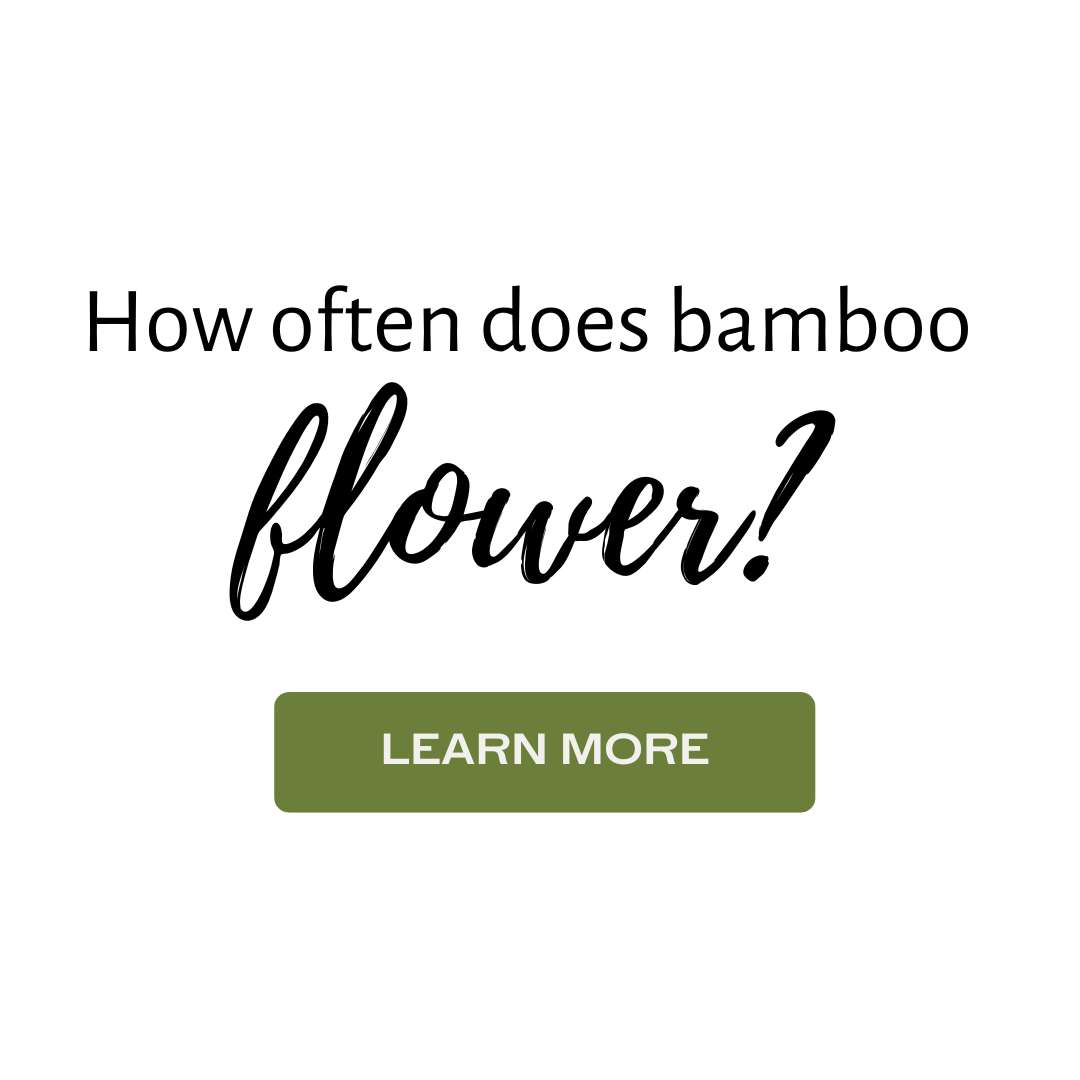
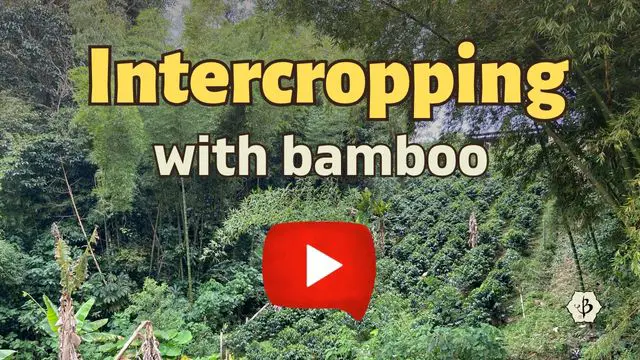


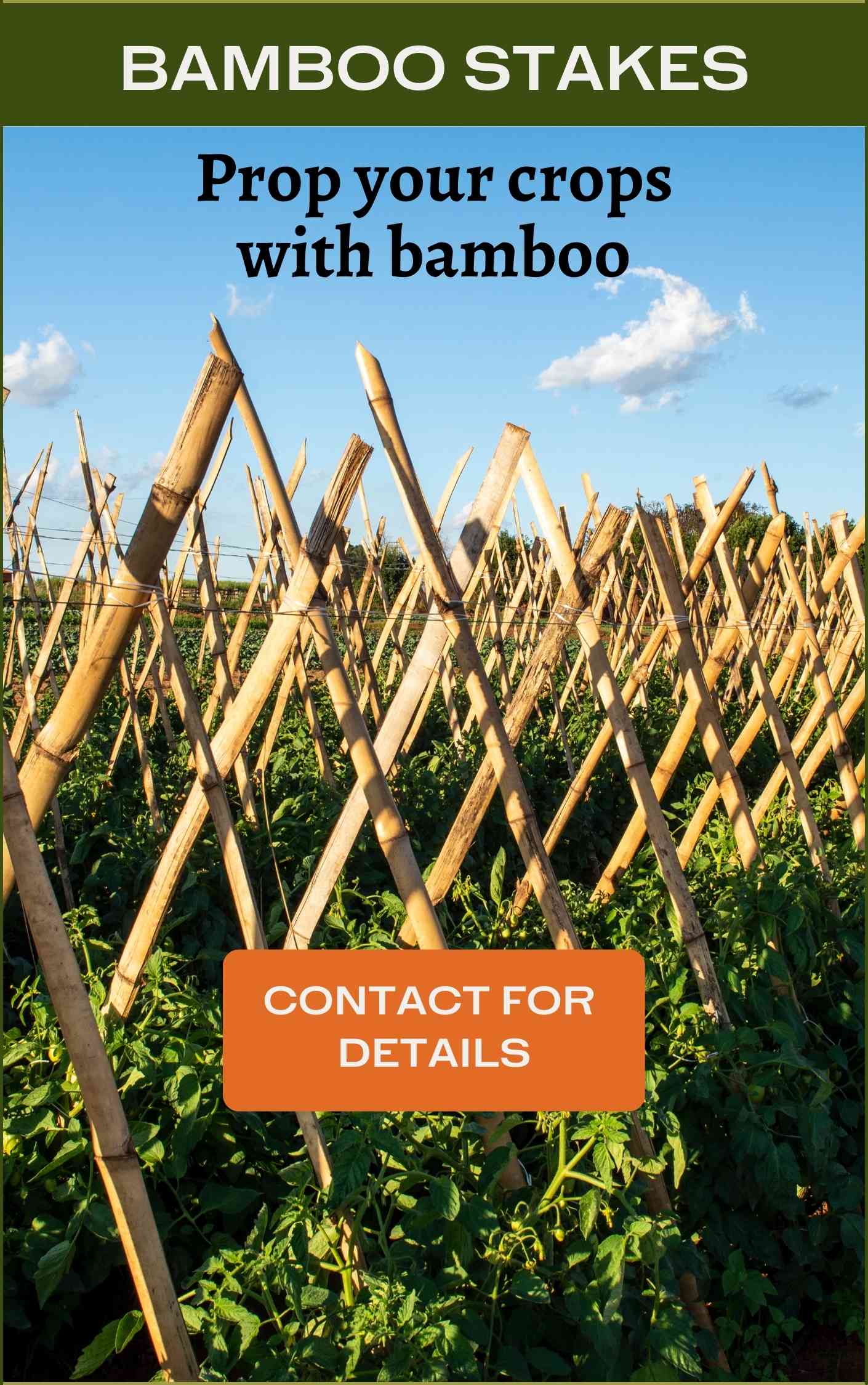
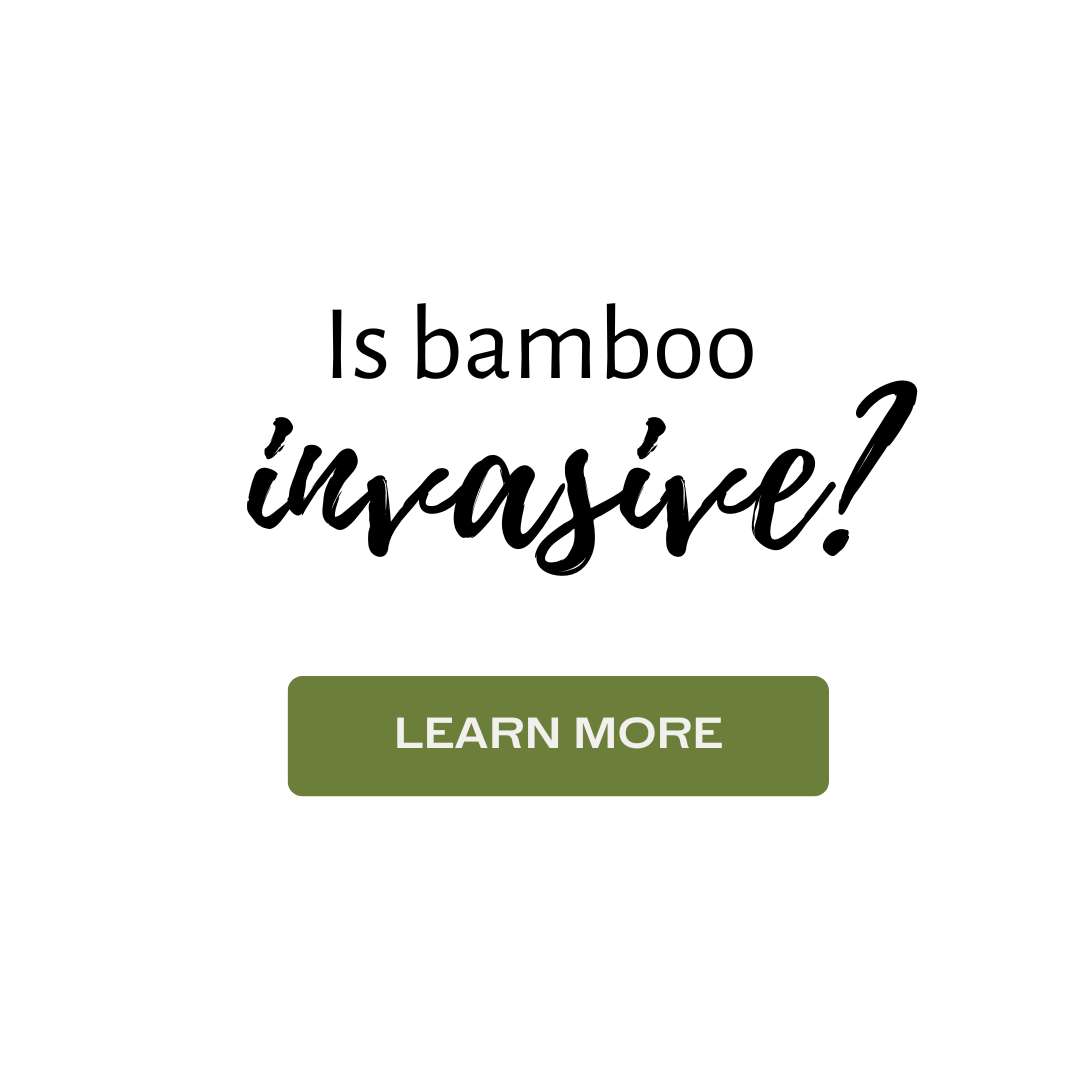
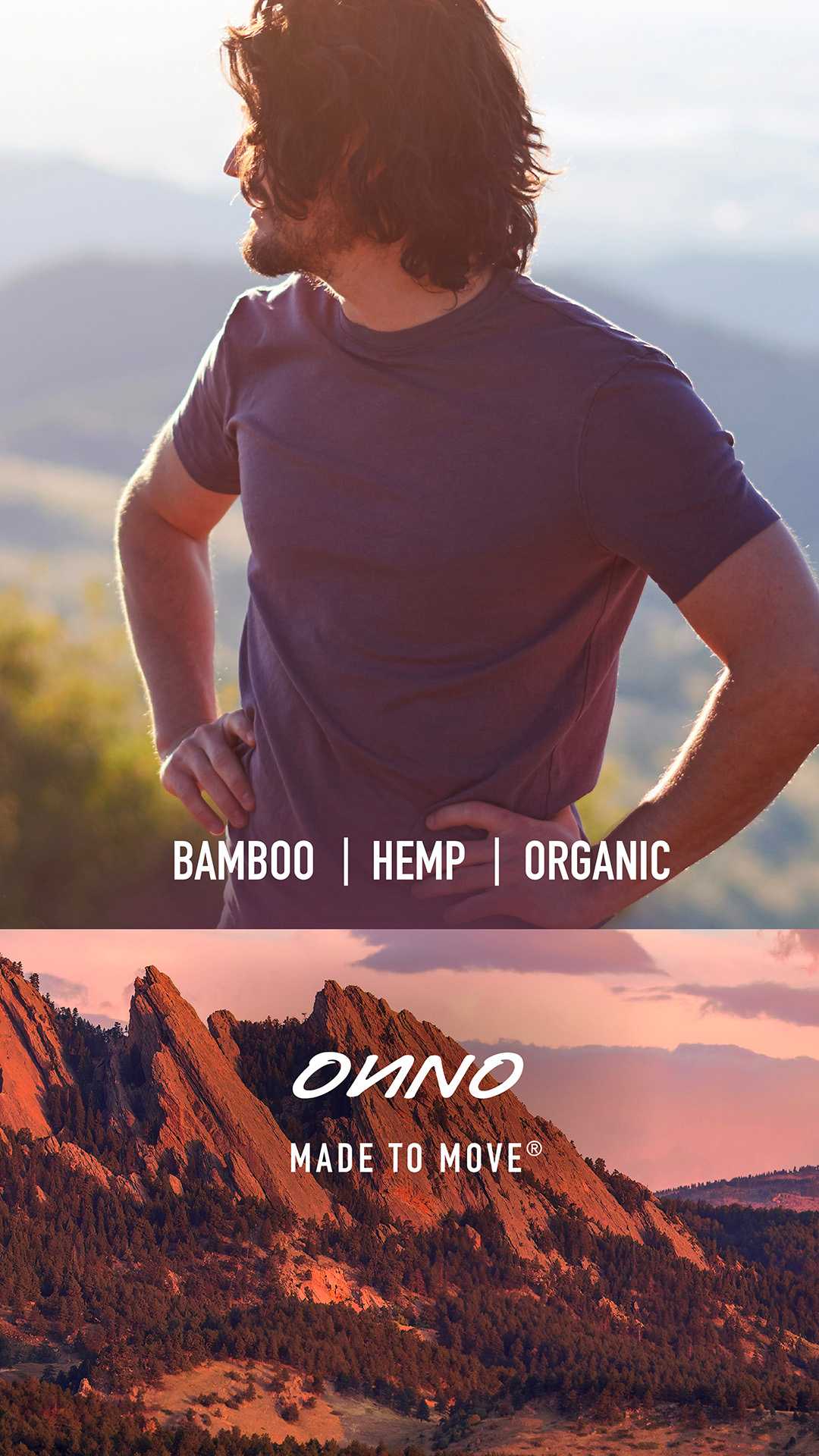





Thanks for your information. I recently received some bamboo to plant but don’t want to make all the adjoining land owners angry.
We have running bamboo from a neighbors yard running along our driveway and we have been trying to beat it back. I have been desperately trying to get some help from the city but our councilman claims there would be no way to enforce an ordinance on private property. How do other cities handle this?
Personally, I hate the plant! It is bland, makes a lot of noise and spreads everywhere! Their leaves are everywhere and the owners don’t care where they land.